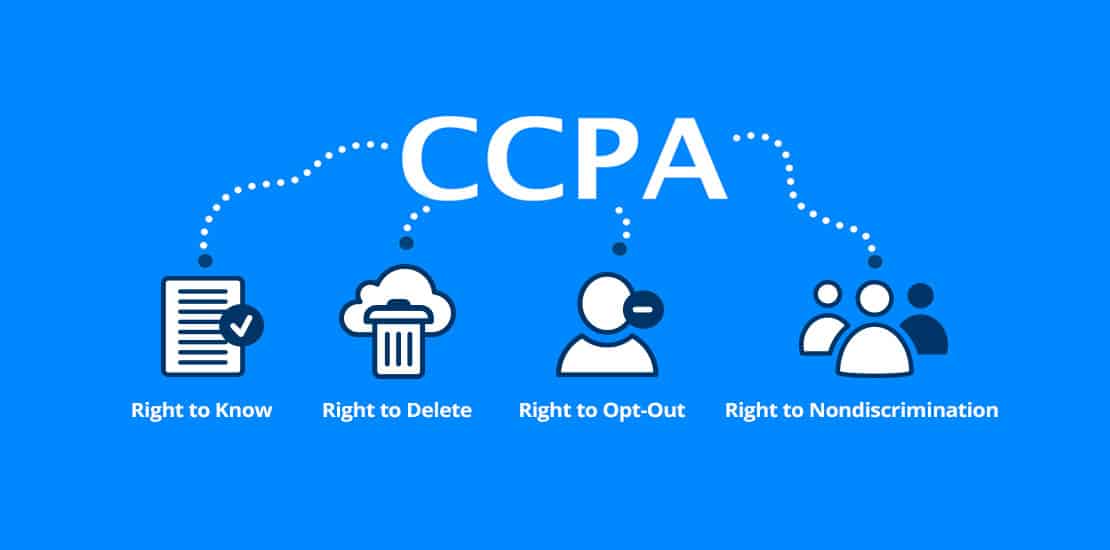Who Does the CCPA Apply To?
The CCPA applies to for-profit businesses that collect and process personal information of California residents and meet at least one of the following criteria:
- Have annual gross revenues exceeding $25 million.
- Buy, receive, or sell the personal information of 50,000 or more consumers, households, or devices.
- Derive 50% or more of their annual revenues from selling consumers' personal information.
Impact on Businesses
The CCPA has significant implications for businesses, particularly those that handle large volumes of personal data. Key impacts include:
Compliance Requirements: Businesses must implement processes to handle consumer requests for information, deletion, and opting out of data sales. This often involves updating privacy policies, training employees, and enhancing data management practices.
Data Security: Businesses are required to implement reasonable security measures to protect personal information from unauthorized access, which can help prevent data breaches and enhance consumer trust.
Penalties for Non-Compliance: Failure to comply with the CCPA can result in significant penalties, including fines of up to $7,500 per violation for intentional violations and $2,500 per violation for unintentional violations.
Benefits for Consumers
The CCPA empowers consumers by giving them greater control over their personal information. Key benefits include:
Transparency: Consumers gain insight into what personal information is collected and how it is used, enhancing transparency between businesses and consumers.
Control: The ability to request deletion and opt-out of data sales gives consumers more control over their personal information and how it is shared.
Protection: The CCPA's non-discrimination provisions ensure that consumers who exercise their privacy rights are not penalized, promoting fairness and protection.
Conclusion
The California Consumer Privacy Act represents a significant step forward in data privacy and consumer protection. By granting consumers greater rights and imposing rigorous obligations on businesses, the CCPA aims to create a more transparent and fair data ecosystem. As data privacy continues to evolve, understanding and complying with the CCPA is crucial for both consumers and businesses to navigate the digital landscape responsibly.

